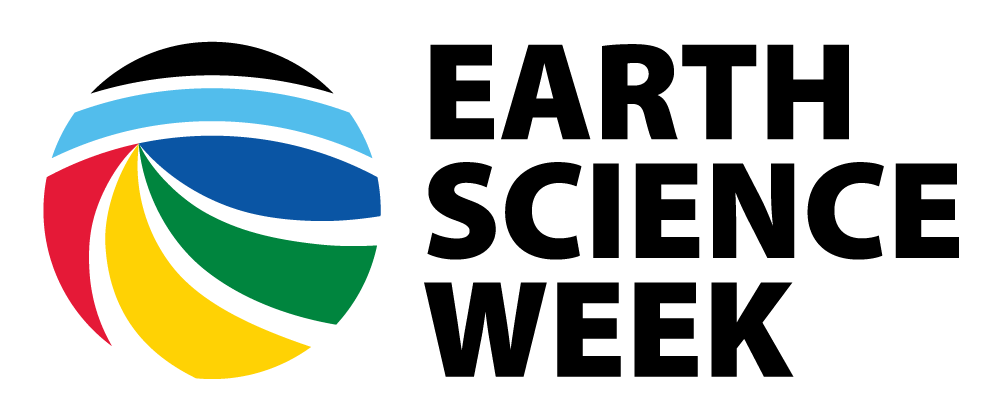2012 Essay Contest Finalist
Entry by Parlin Escobar
Geoscientists Working Together
A Volcanologist’s work is always exciting and interactive, though not all of it is done at the tip of an erupting volcano. In fact, most of it is done studying the remains dead or dormant volcanoes, or watching currently present volcanoes that may be active or reawakening. Their goal is to better understand how and why volcanoes erupt, how to predict their eruptions, their impacts on the history of Earth, and how they may affect humans and their environments. It’s also important for volcanologists to be able to publish their discoveries in a way that is easy for the general public to understand.
Volcanology is broken up into four major groups of study done by different types of scientists. Physical volcanologists study the actual processes and deposits of volcanic eruptions. Petrologists study origin, composition, and geologic history of rocks. Geodesic volcanologists look at the ground disfigurement that occurs during volcanic eruptions and events. Geochemists deal with the make up of Earth.
Volcanologists use many different tools while working. Seismometers measure motions of the ground, including seismic waves created by earthquakes and volcanic eruptions. Spectrometers monitor gas emissions. Satellites are often used to watch volcanoes because they allow a large area to be easily monitored.
Volcanologists can help save lives by determining how and where a volcano is likely to erupt. Things such as lava fountains, toxic fumes, and volcanic ash are all hazards that could potentially harm many living creatures. They can also estimate when a volcano will erupt, and their predictions are usually only hours or days off.
The job of a volcanologist isn’t always easy, but it’s definitely exciting! All types of tools and scientists are important in the study of volcanology. Many lives have been saved from their predictions. It’s most definitely a career I would consider.
